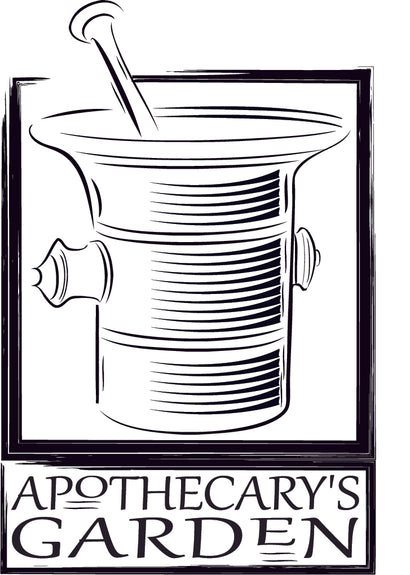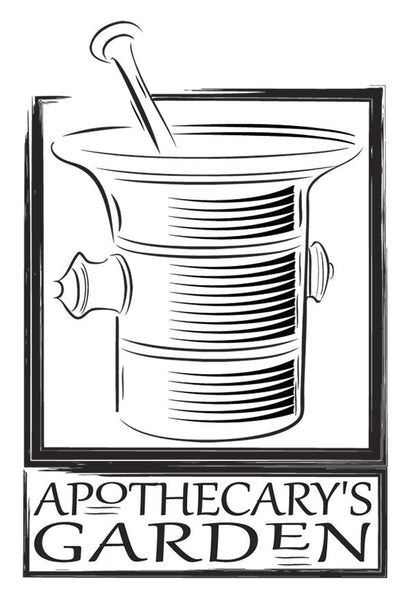Sustainable Aromatics. Are we there yet?
Sustainable aromatics, are we there yet?
Unfortunately we are far from there when it comes to the sustainability of our natural aromatic materials.
The future availability of our medicinal and aromatic plants is in jeopardy. The heath and wellbeing of harvesters their communities and economies are intrinsically tied to our resource management.
The situation in much more dire than we realize. We are losing whole plant families that we have relied upon for our medicine, perfume, incense for thousands of years.
What can we do??
We need to engage with this problem before it is too late. The more of us that actively engage, the better chance our fragrant plants have to survive our current over harvesting and mismanagement.
This is one of the reasons my shop exists. It is a place for us to educate ourselves so we can make informed decisions and collectively add our individual voices to a movement that may eventually save these treasures before they are lost to us.
I try to address the sustainability of harvest and fair trade practices in each shop listing. In many cases I can only make an educated guess. I am lucky to have travelled to East Africa to meet resins, trees and harvesters, but I can't travel to the source of all the plants in the shop, so if I can be corrected or educated further, please let me know.
If you can contribute to this pool of knowledge in a way that will enhance our ability to manage these precious resources. Please speak up.Contact me or leave a comment.
If you know of a harvester/collector or community with a healthy relationship with the land and the plants, please pass their information on to me. I believe they should be supported and encouraged any way possible.
We have been treating the plants as commodities and the harvesters as simple manual labour. Both approaches are quite Colonial and at the root of our resource mismanagement.
The harvesters are the stewards of our remote resources and without an eye to their well being and that of their communities and local economy we will not make a permanent dent in the decline of these plants.
In some cases, there is a whole culture around the harvest and a deep meaningful relationship between the communities and the plants. These situations not only maintain the sustainability of the plants, they often improve the ecosystem and counter deforestation. The cultural involvement of harvester communities can only be seen as a powerful support if not a necessary component of long term sustainability.
Some cultures have lost their relationship with the plants and the harvest due to diaspora. Others have simply adopted a modern and western approach of taking as much as they can and giving nothing back which has disconnected them from the land.
The reason there are more and less sustainable materials in the shop is because not engaging the problem or boycotting their use does not contribute to better management. In my opinion, disengaging from the problem simply allows them to fall between the cracks and even though their harvest and trade may be banned by different international organizations, it continues in the shadows unabetted but with higher prices and demand often with higher monetary return. The reduced availability and higher monetary return for banned products often creates diminished regard for the welfare of the plants, harvesters and the local ecosystem.
I believe we need to actively engage if we are to change anything in our system. We need to institute alternatives to stripping the land of its resources and undermining the ecosystem.
Most aromatic plants can be propagated and planted out in the wild to help slow degradation of natural resources and increase green space. Others can be grown in small personal plots that not intrude upon green space and are in balance with the ecosystem.
Destroying natural habitat to create vast tracts of cash crops is to be avoided since monoculture brings with it it's own evils and repercussions that we struggle with all over the world. Integrating our economics with nature is a much better long-term approach.
Dan

